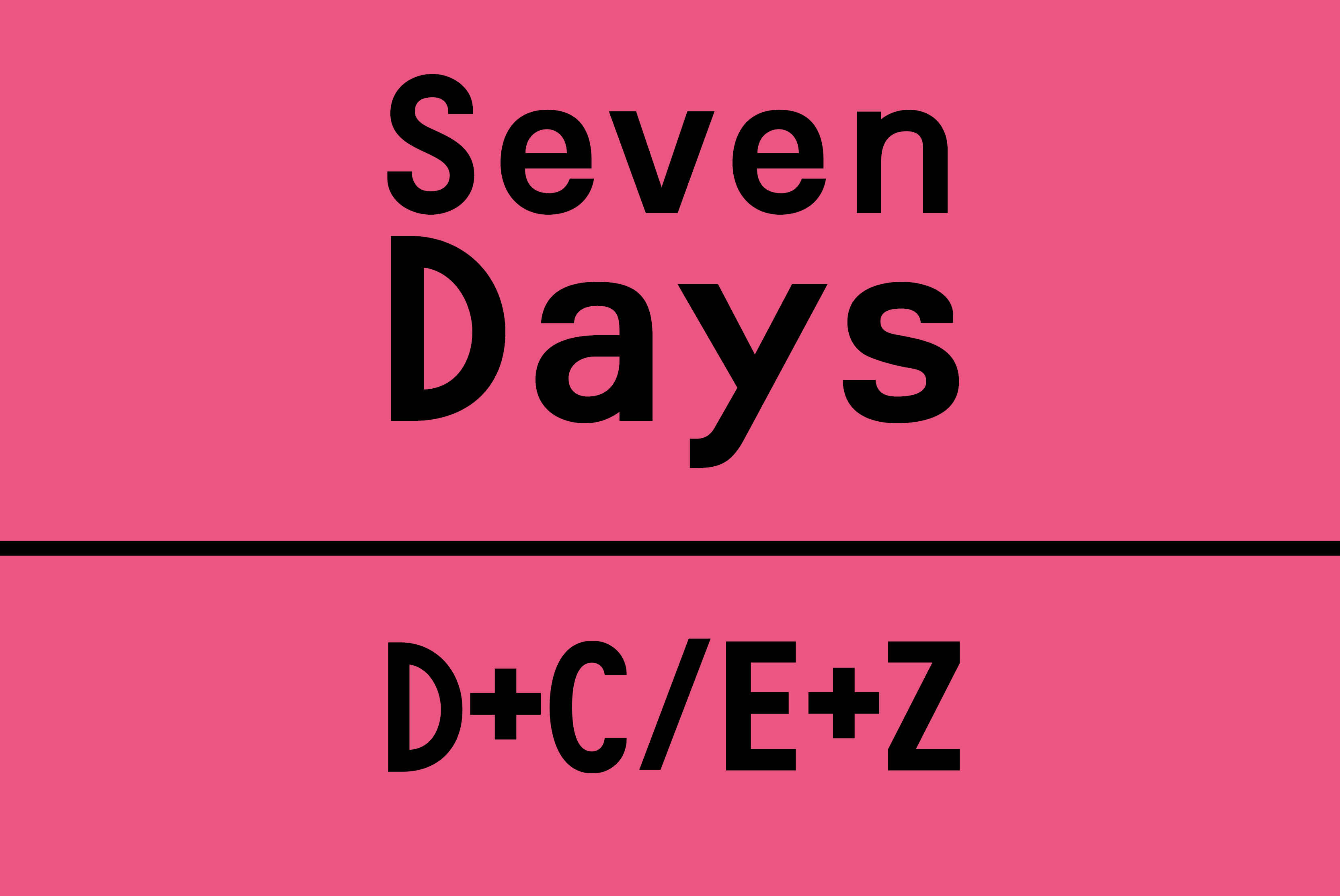In brief
News of the week

3000 Rohingya boat people saved, another 3000 still adrift
After the plight of thousands of refugees adrift in the Andaman Sea and the Strait of Malacca has made headlines around the world, several countries offered help. Indonesia and Malaysia agreed on Wednesday to take in those who were already at sea until they could be sent home or resettled in a third country. The UN refugee agency UNHCR estimates that more than 3000 people had landed in Indonesia and Malaysia by Friday.
The US administration signalled its willingness to take in some of the refugees and to play a leading role in any “multi-country effort” to deal with the boat people. Another country offering to accept refugees was Gambia. The west African country appealed to the international community to send tents, bedding, household materials and medicine to set up camps.
Meanwhile, Myanmar agreed to attend a regional meeting about the crisis in Thailand’s capital Bangkok next week after being assured that the term “Rohingya” will not be used. Most of the refugees are members of that Muslim ethnic minority, which the government of Myanmar does not recognise. They flee persecution and intolerable living conditions in their home country. Some migrants are believed to come from Bangladesh.
Both the Rohingya and Bangladeshi refugees usually try to reach Muslim countries like Malaysia and Indonesia with the help of people smugglers. Their situation worsened when Thailand started cracking down on illegal human-trafficking networks two weeks ago after the discovery of Rohingya mass graves. Traffickers abandoned boats and left the refugees drifting at sea without food or water. Those who were rescued reported family members’ painful deaths and brutal fights on board for food and water. The UNHCR estimates that more than 3000 refugees are still adrift at sea.
Sources: New York Times, AP, The Guardian
Egypt’s ex-president sentenced to death
An Egyptian court has sentenced Mohamed Morsi, the former president, to death for his part in a mass jailbreak in 2011. More than 100 other people were also convicted. Morsi is already serving a 20-year prison term for ordering the arrest and torture of protesters during demonstrations in 2012 when he was in power.
Before the death sentences can be carried out, they must be approved by Egypt’s top Sunni Muslim religious authority, the grand mufti, who is scheduled to make a ruling by 2 June.
Many international observers have denounced the verdict against Morsi. The EU stated the penalty stemmed from a flawed trial and was “cruel and inhumane”. The US expressed “deep concern” about the verdict. Human-rights group Amnesty International said the trial was a “charade” and based on “void procedures”.
Morsi’s party, the Muslim Brotherhood, called the death sentences an act of revenge by the Egyptian regime and warned of a backlash. Experts don’t believe the capital punishment will be carried out. Morsi was the country’s first freely elected president. He was deposed in 2013 by Abdel Fattah al-Sisi, who was his defence minister and is now the president. The new regime has prosecuted many of Morsi’s supporters.
Morsi faces charges in several more cases. Amongst others, he is accused of leaking secret information to Qatar and plotting with the Palestinian militant group Hamas against Egypt.
Sources: AFP, Al Jazeera, New York Times, The Guardian
Parliamentary elections in Burundi postponed
After weeks of violent protests and a failed coup in Burundi, President Pierre Nkurunziza has postponed parliamentary elections. The vote was originally scheduled for 26 May and is now planned for 5 June, the head of state announced on Wednesday. The date for presidential elections, 26 June, remained unchanged. Earlier this week, President Nkurunziza dismissed the ministers for trade, foreign relations and defence and replaced them with allies of his.
According to international organisations, more than 120,000 Burundians have so far fled the country. The neighbouring countries Rwanda and Tanzania are struggling to cope. The UN refugee agency UNHCR reported that the capacities of the refugees camps were exceeded by far. Health and sanitation standards cannot be kept, so severe diarrhoea and even cholera haunt the camps.
The violence in Burundi was triggered by Nkurunziza’s announcement to run for a third term as president three weeks ago. The tensions raised fears of further instability in the country that had seen a civil war from 1993 to 2005.
Sources: BBC, Reuters, The Guardian
Saudi-led coalition continues bombarding Yemen
After the end of a five-day truce on Monday, the coalition led by Saudi Arabia continued its air raids in Yemen. The war planes targeted the southern port city of Aden, areas near the capital of Sanaa and other territories held by Houthi rebels. According to media reports quoting local officials, a humanitarian aid office at Yemen’s border with Saudi Arabia was hit on Thursday, killing five Ethiopian refugees and wounding ten. There was no immediate Saudi confirmation.
UN Secretary-General Ban Ki-moon announced on Wednesday that talks to bring peace to Yemen will take place on 28 May in Geneva. Both Yemeni conflict parties – the Houthi rebels and representatives of the government of president Abd-Rabbu Mansour Hadi, who lives in exile in Saudi Arabia – have indicated their will to attend.
The military campaign in Yemen that started in March, has killed more than 1,800 people and wounded more than 7,000, according to UN estimates. At least half a million people have been displaced.
Sources: Reuters, Deutsche Welle
India and China fight climate change together
A state visit of India’s Prime Minister Narendra Modi to China has strengthened the bilateral relations of the two Asian superpowers. Acknowledging strategic and geo-political tensions between the two countries, the Bangladeshi newspaper The Daily Star argued in an op-ed article that “both have expansive ground to forge close cooperation on some of the global commons that affect the interests of the developing countries.” Issues of energy and climate change were given as examples.
In a joint statement, India and China vowed to fight climate change together. China is the world’s biggest greenhouse-gas emitter while India ranks third behind the USA. Asia’s biggest emerging economies agreed to cooperate in the areas of renewable energy, green technologies and energy efficiency, amongst others. Overall they agreed on business deals worth $ 22 billion.
In their joint statement, India and China promised to fully support this year’s Paris climate conference and to submit their intended nationally determined contributions (INDCs) “as early as possible”. They urged the industrialised nations to provide finance, technology and capacity-building support to developing countries, to raise their pre-2020 emission reduction targets and to honour their commitment to provide climate finance worth $ 100 billion per year by 2020 to developing countries.
Sources: The Daily Star, The Guardian
These items were compiled by Sabine Balk, Rebecca Renz and Katja Dombrowski on the basis of international media coverage.











